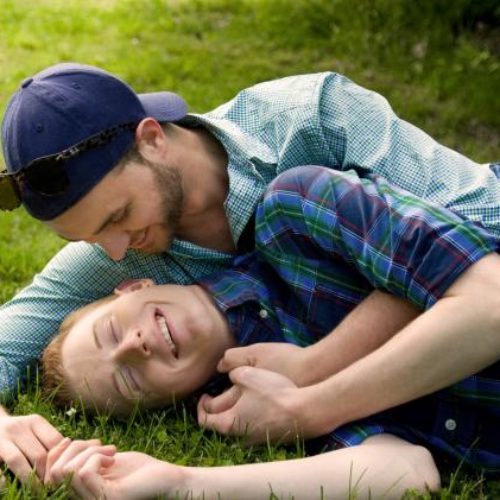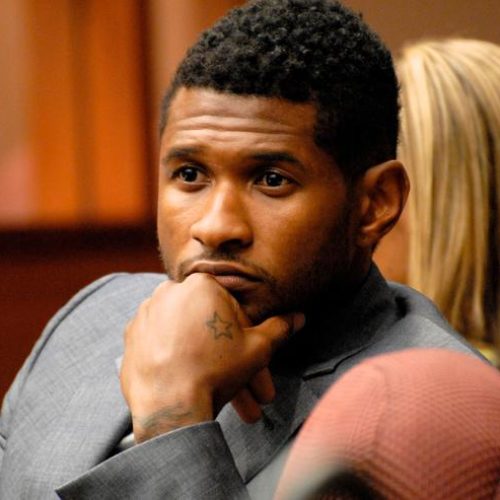The US Supreme Court rules against LGBT discrimination in the Workplaces and Christian conservatives are rattled
In a landmark decision on Monday, the Supreme Court ruled that the federal law barring employment discrimination on the basis of sex also applies to sexuality and gender identity. The decision, which ruled that workplace discrimination of LGBTQ Americans is unconstitutional, was centered around language written in Title VII of the 1964 Civil Rights Amendment. This ruling was met with widespread praise among LGBT rights groups, which have long argued against such employment discrimination.
The decision was also met with alarm by several religious conservatives who fear what it could eventually mean for their religious freedom and how it could affect faith-based employers, including religious health-care providers, religious schools and social services operated by religious groups.
Russell Moore, president of the Southern Baptist Convention’s Ethics and Religious Liberty Commission, wrote that the ruling will make it harder for employers to operate according to their sincerely held beliefs.
“The ruling also will have seismic implications for religious liberty, setting off potentially years of lawsuits and court struggles, about what this means, for example, for religious organizations with religious convictions about the meaning of sex and sexuality,” he wrote.
Evangelist Franklin Graham wrote that the decision “erodes religious freedoms.”
“Christian organizations should never be forced to hire people who do not align with their biblical beliefs and should not be prevented from terminating a person whose lifestyle and beliefs undermine the ministry’s purpose and goals,” he said.
The court’s 6-to-3 decision, written by Justice Neil M. Gorsuch, was met with surprise because Gorsuch’s appointment by President Trump had spurred delight among social conservatives.
Some, including Southern Baptist Theological Seminary professor Andrew Walker and conservative commentator Erick Erickson, argued that Monday’s decision undercuts an argument from some Trump supporters that religious conservatives will vote for him based on his Supreme Court picks.
However, the court did not settle religious liberty questions in its Monday decision.
“We are also deeply concerned with preserving the promise of the free exercise of religion enshrined in our Constitution; that guarantee lies at the heart of our pluralistic society. But worries about how Title VII may intersect with religious liberty are nothing new; they even predate the statute’s passage,” Gorsuch wrote in the majority opinion.
The court combined two cases to consider whether gay and transgender workers are protected under the law. Attorneys for the two employers involved in Monday’s decision were not arguing the cases on religious grounds. In one of the cases, the owner of a Michigan funeral home had argued under the Religious Freedom Restoration Act in a lower court but lost. It did not raise that argument in the appeal to the Supreme Court.
Suggesting that religious liberty protections could come up in future employment discrimination cases, Gorsuch wrote that “how these doctrines protecting religious liberty interact with Title VII are questions for future cases, too.”
“While other employers in other cases may raise free exercise arguments that merit careful consideration, none of the employers before us today represent in this Court that compliance with Title VII will infringe their own religious liberties in any way,” the opinion stated.
Monday’s decision did not settle religious liberty questions that are likely to come up in future employment discrimination cases, said Michael Moreland, a law professor at Villanova University.
“Parallel to this case, there are a line of cases that are being decided about religious freedom,” Moreland said. “The question is, how broad are the claims of religious organizations in the face of LGBT discrimination claims.”
In 2012, the Supreme Court protected religious organizations from discrimination lawsuits brought by certain employees who are considered “ministers” of the faith. Two cases pending before the court concern whether teachers at parochial schools who do not primarily teach religion are among those who can’t sue.
In his dissent in Monday’s case, Supreme Court Justice Samuel A. Alito Jr. argued that the protection afforded to religious-based employers was narrow.
“The position that the Court now adopts will threaten freedom of religion, freedom of speech, and personal privacy and safety,” Alito wrote.
While religious conservatives voiced concern, progressive faith leaders expressed support for the LGBT workers who won the case.
“Too often, employers overstep the boundaries of personal religious freedom — the right to believe as we choose — to impose their beliefs on others through staffing decisions and workplace culture,” Katy Joseph, director of policy and advocacy at Interfaith Alliance, wrote in a statement. “Turning away LGBTQ+ job applicants and employees, or terminating their employment due to their identity, isn’t religious freedom — it’s discrimination.”
About author
You might also like
That Is Quite A Bulge! Check Out Mario Götze’s Down-Below Glory
I know he’s straight and all that, but I simply had to share these pics of German footballer Mario Götze. Long, long before he scored the game-winning goal of the
That Bromantic Conundrum When A Straight Guy Falls In Love With Another Straight Guy
“It all started when I moved to a new city,” Reddit user myloveisathrowaway writes in a recent post titled Confused about feelings for my friend (another guy). “I’d frequent the
Usher’s male accuser claims singer exposed him to herpes at Koreatown spa
The man accusing Usher of exposing him to herpes claims the two had sex at a spa in Los Angeles. This man, who is unidentified, alleges that the pair had










0 Comments
No Comments Yet!
You can be first to comment this post!